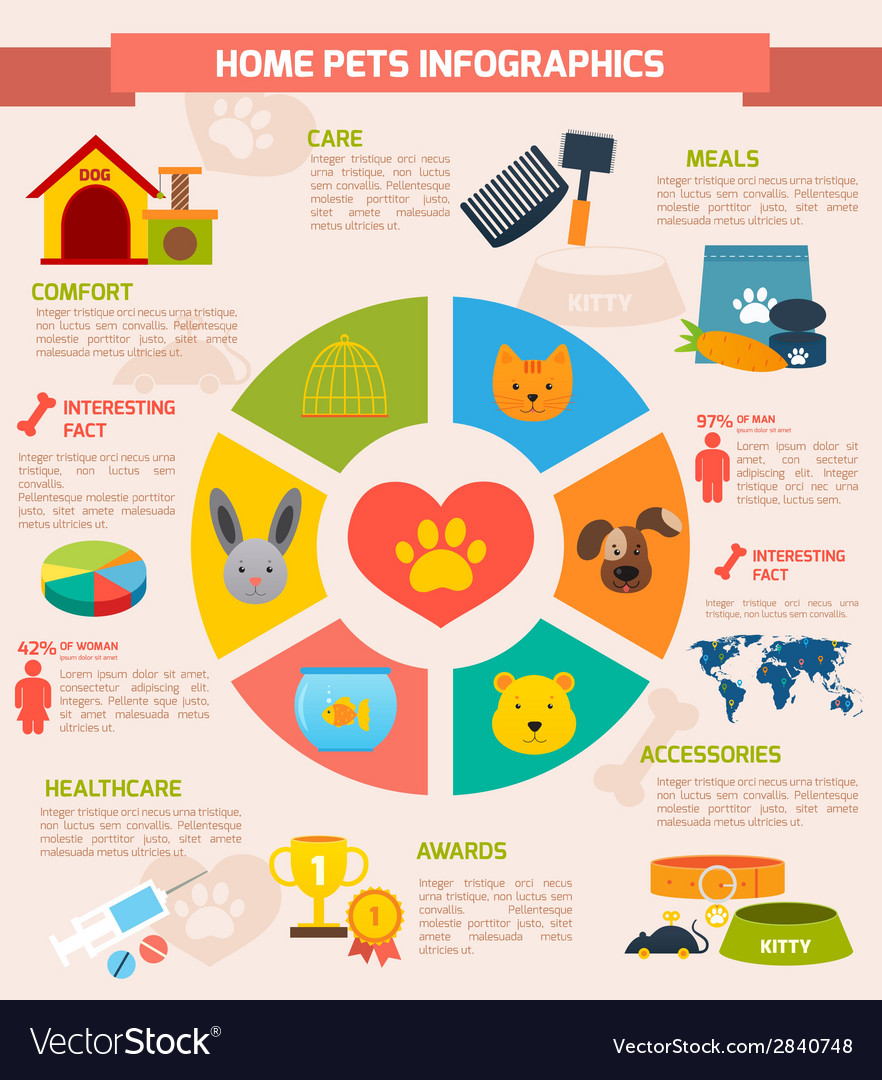Whether your canines spend time at childcare or boarding centers, they need to be up-to-date on every one of their needed vaccinations. Core vaccinations consist of Bordetella, rabies and DA2PP, which guard against common conditions that pet dogs are exposed to when in close contact with others.
Non-core injections include canine flu and leptospirosis shots. These are recommended for dogs that join other pet dogs frequently.
Core Vaccinations
As an important part of preventive treatment, canine vaccinations help maintain dogs secure from infectious illness transmitted with straight get in touch with or infected surfaces. Vaccines boost the immune system to develop antibodies that combat condition, and a lot of vets think about core dog injections to be essential for all family pets.
Rabies
Most trustworthy canine childcare facilities need that your pet dog be up to day on their rabies vaccination. Vaccinations are carried out to puppies as early as 12-16 weeks old, and boosters are required every three years or two till adulthood. Rabies is a deadly viral condition that spreads with saliva, commonly from bites. The majority of states require rabies vaccinations for all pets and cats, and some even mandate rabies boosters for family pet proprietors.
Distemper/Parvovirus/Adenovirus (DHPP).
This combination injection covers canine distemper, parvovirus, hepatitis, and adenovirus, all of which are extremely transmittable. Many vet workplaces provide DHPP injections as one shot or in a collection of two to four shots, offered 2-4 weeks apart, adhered to by an annual booster. This injection is a need for most boarding and doggy day care centers, along with many groomers.
Bordetella/Canine Parainfluenza Injection.
Bordetella bronchiseptica, generally known as kennel coughing, is a really contagious breathing infection triggered by the microorganisms that creates the disease. Signs consist of relentless coughing, sneezing, nasal discharge, and fever. Most kennel cough episodes occur in crowded atmospheres, such as childcare or boarding centers, and are specifically common in warmer weather. This injection is a demand for the majority of childcare and boarding facilities, and is often provided in a mix with the DHPP vaccination.
Leptospirosis Vaccine.
This is a bacterial disease that spreads with infected water, dirt, and urine. Infection can cause kidney and liver damage, in addition to fatality, and is transmissible to human beings. The majority of vets will recommend this vaccine, based on geographic area and way of living of the pet, for pets that spend time outdoors or at boarding facilities, in addition to some groomers. This injection is generally administered as a series of two to four shots, spaced 2-4 weeks apart, with a yearly booster needed for a lot of family pets.
Lyme Condition Vaccination.
One of the most common tick-borne disease in the United States, Lyme illness is transferred by the deer tick and can cause high temperature, joint discomfort, muscular tissue pain, and anorexia nervosa. The Lyme disease vaccine protects against the boarding kennels near me for dogs most common strains of the virus, including the H3N8 and H3N2 stress. A lot of vet facilities advise this vaccination, specifically in risky locations, such as the Northeast, top Midwest, Mid-Atlantic, and along the Pacific shore.
Noncore Vaccines.
Various other pet vaccinations, while not needed for all pet dogs, are advised based upon the pet dog's way of life and geographical place. These include the following:.
